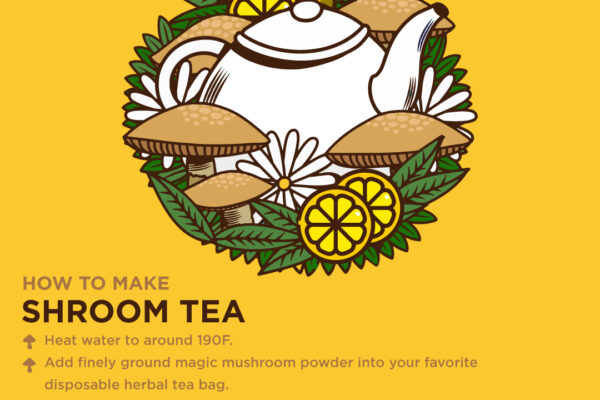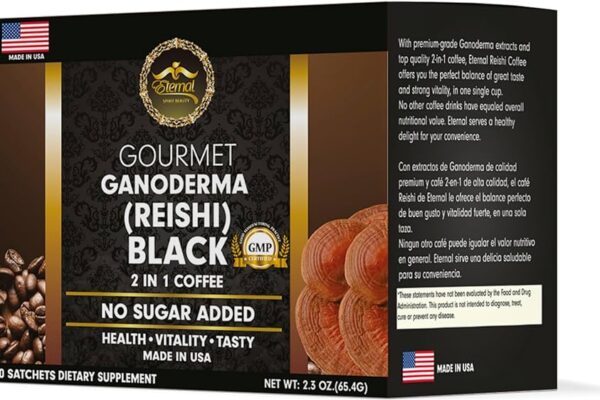Blog
Should You Drink Mushroom Coffee?
Mushroom coffee, commonly referred to as mushroom latte or fungi latte, is a drink which replaces some of the regular coffee grounds with medicinal mushrooms known as adaptogens, natural substances that help your body cope with stress, fatigue and anxiety. Mushroom varieties used in mushroom coffee vary between brands but typically include cordyceps, lion’s mane, chaga mushroom turkey tail and reishi.
Mushrooms may help stimulate an immune response and fight off harmful bacteria and viruses that cause illness, while potentially reducing inflammation and supporting detoxification processes. Unfortunately, studies on their benefits remain in their infancy and more human studies must be completed before concluding if it truly represents a healthier alternative to regular coffee consumption.
DIY mushroom brew is easy with just the right mushrooms, or pre-ground powders available at most grocery stores. Try mixing different mushroom blends together for different flavor profiles or switching up the coffee ground types you use for experimentation with different tastes and aromas.
While mushroom drinks have grown increasingly popular, health professionals do not recommend them for everyone. Some individuals may experience digestive discomfort or allergic reactions from the mushrooms used in these beverages, and other might benefit from adding whole mushrooms into their diet instead if they have specific medical conditions or intolerances.
Mushroom coffee poses several potential drawbacks. One issue is its caffeine content, which may lead to jitters, insomnia, high blood pressure, anxiety and stress in certain individuals. Furthermore, certain mushrooms such as Chaga can produce high amounts of oxalates that increase risk for kidney stones.
Overall, mushroom coffee offers an intriguing alternative to regular coffee with added health benefits. Mushrooms have long been part of human diet and contain protein, vitamins, and minerals which provide essential nutrition. Current research into these mushrooms remains limited and more work must be done on any potential health benefits touted by companies. Therefore, until more definitive evidence becomes available to back these claims up, it may be better to stick to your regular cup of joe as an interim measure. Dietitians can help you select mushroom blends tailored to your personal tastes and health goals, as well as providing suggestions for incorporating it into daily routine. Mushrooms are versatile ingredients that can be added into many meals and snacks such as salads or smoothies. You can find fresh, frozen or canned mushrooms as an excellent source of vitamin D, calcium and potassium.







